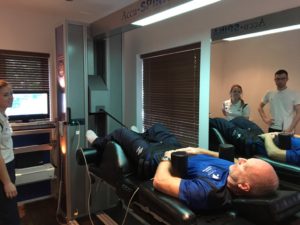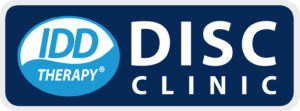The British public is a fairly stoic bunch on the whole. When it comes to chronic back pain, while there are still paths to be directed along, pain sufferers will go from one appointment to another without too much fuss. But can more be done for back pain patients in limbo?
Any professional discussion about back pain invariably begins with the churning out of familiar back pain facts. Delve a little deeper and very different stats come to light showing that current services are not meeting the needs of patients.
One third of back pain patients presenting to a GP come with a recurring problem suffered in the previous year. A further third of back pain patients will be coming with a persistent disabling problem.
These figures illustrate the extent to which back pain consumes the NHS. But what happens to patients next?
After seeing their GP, chronic back pain patients can be referred to a pain clinic. But according to a patient survey by the National Pain Audit 2013, over 50% of respondents report little or no help from current NHS pain services. The National Pain Audit 2010-2012 records that “It appears that pain clinics are being commissioned (or are providing) care almost exclusively for people with back pain.”
Combining the two commentaries, we might reasonably infer that 50% of back pain patients referred to an NHS Pain Clinic feel that current pain services provide little or no benefit.
Pain clinics provide a range of services including manual therapy (physiotherapy), counselling services, pain management (medication) and spinal injections. From there the next step would be surgery for certain patients.
There is no single cure for back pain and there are many different back pain conditions. But common to many sufferers is a lack of mobility and spinal compression: sometimes in association with a disc-related problem.

The IDD Therapy Disc Programme takes a structured conservative approach. Rather than manage pain with medication or provide a short term pain relief window with injections, the IDD Therapy programme decompresses targeted spinal segments, restores mobility and helps patients to rehabilitate where current methods fall short.
It takes time to bring about change but The IDD Therapy Disc Clinic Network is demonstrating a shift in conservative care and there is growing interest in certain influential corridors about the potential for IDD Therapy within the national Pain Clinic infrastructure. Watch this space.
AVAILABILITY: At the time of writing, the IDD Therapy Disc Programme is not available on the NHS. It is available privately in physiotherapy, osteopathic and chiropractic clinics. To find your nearest clinic, look at the Clinic Finder

